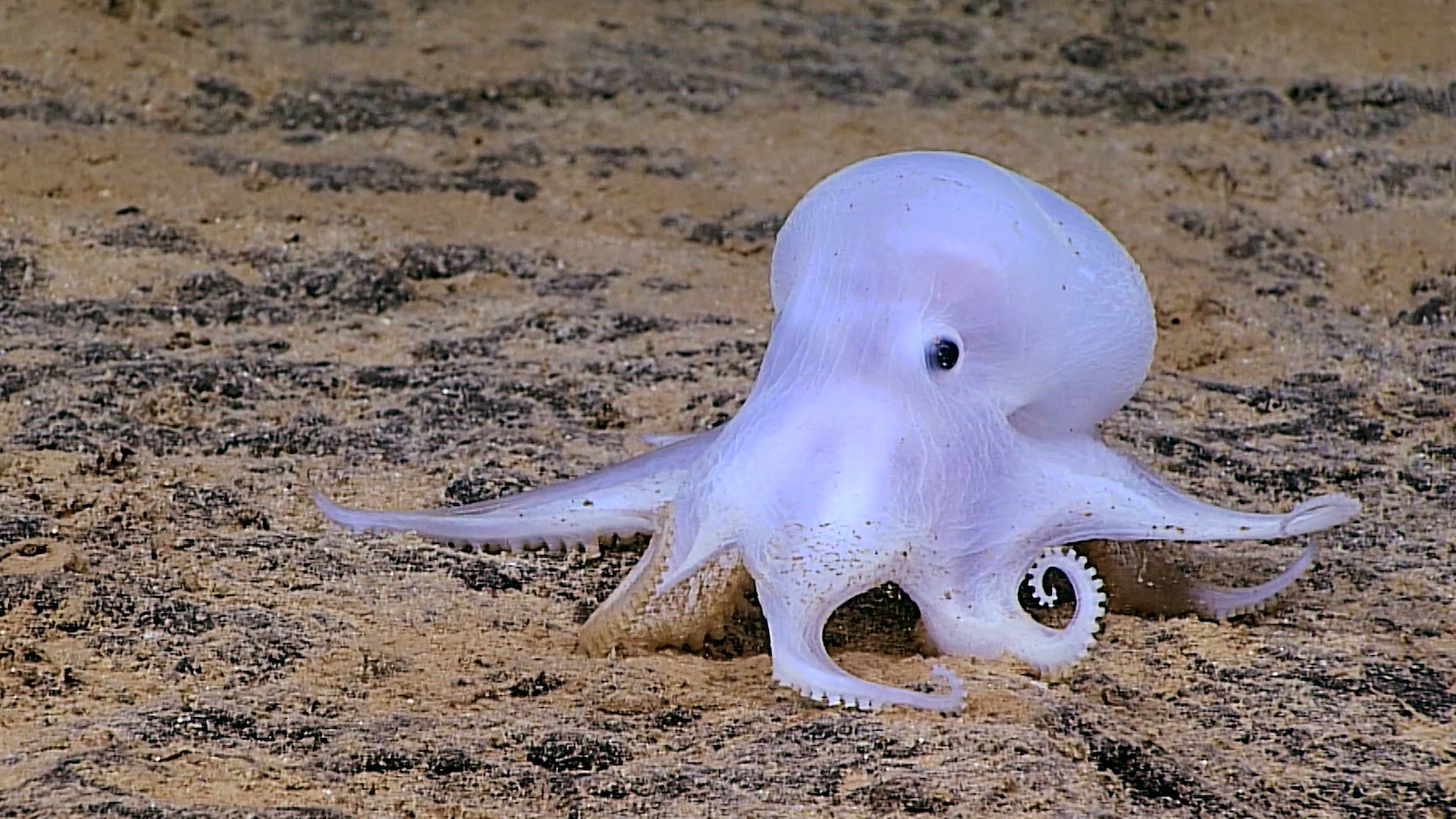
Tell your member of Congress to support a moratorium on deep sea mining
Deep sea mining could have devastating consequences for our oceans. Tell your member of Congress to say no to deep sea mining.
Offshore drilling is a dirty, dangerous practice that puts our ocean life at risk, even newly discovered or potentially undiscovered ones.
It’s a bad time to be a Rice’s whale. This totally unique species of baleen whale was just discovered in the last couple of years– and they’ve been endangered since the moment of their discovery. There’s only around fifty or so of the species left.
While there’s a whole group of people who want to save our newest endangered whale, there’s also some who see Rice’s whales as standing in the way of “liquid gold” in our oceans.
They are found only in the Gulf of Mexico, a region with the highest interest in offshore oil and gas exploration in U.S. oceans. But because there are so few of these large whales left, their very survival is threatened by any sort of fossil fuel development, especially to any spills.
Last month, the Biden administration released their final five year offshore oil and gas leasing program which outlines a plan for three lease sales in the Gulf of Mexico by the end of this decade. Although this program contains the fewest lease sales of any final program in history, any continued leasing, development or exploration in our waters puts ocean life, like the Rice’s whale, at risk.
It’s imperative that our nation transitions away from our dependence on fossil fuels as soon as possible and continues to invest in alternative forms of energy like wind and solar for the sake of endangered species, newly discovered ones or even ones still waiting to be found.
You can read more about the Rice’s whale and the issues it may cause for offshore oil and gas development here.
Deep sea mining could have devastating consequences for our oceans. Tell your member of Congress to say no to deep sea mining.
Send your message
